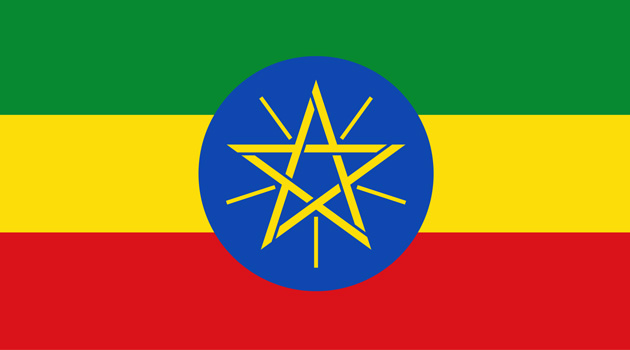Ahead of the UN Human Rights Council’s 51st regular session (HRC51, 12 September-7 October 2022), four NGOs urge states to support a resolution that reflects the human rights situation in Ethiopia and extends the mandate of the International Commission of Human Rights Experts on the country (ICHREE) for a year.
“The Commission’s work is vital to ensure scrutiny of the situation in Ethiopia and advance justice, truth, and reparations for survivors, victims, and their families,” the signatories write.
The human rights situation in the country, with ongoing violations, requires the Council’s ongoing attention. Conflict and unrest in several parts of Ethiopia have caused mass displacement, destruction of social and economic infrastructure, and a humanitarian crisis that increases food insecurity and the risk of famine.
“A mandate extension is warranted on both technical and substantive grounds. First, the ICHREE will not have completed its work by the Council’s 51st session […]. Second, the Commission needs time to complete its mandate given the magnitude, gravity, and scope of violations and abuses, some of which might constitute crimes under international law, committed by all parties to the conflict in Ethiopia and the significant transitional justice, reconciliation, and healing needs, which the ICHREE is mandated to address,” DefendDefenders and partners conclude.
Read the full letter in PDF format / Version française.
Signatories:
1. Amnesty International
2. DefendDefenders (East and Horn of Africa Human Rights Defenders Project)
3. Global Centre for the Responsibility to Protect
4. Human Rights Watch

